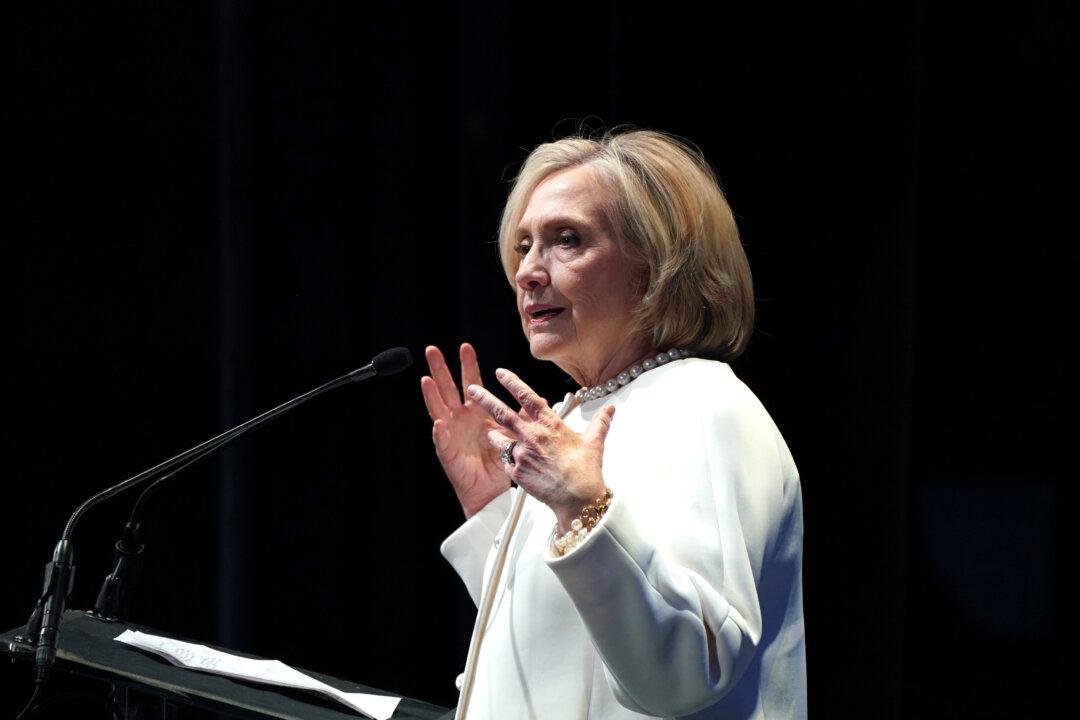Chinese leader Xi Jinping’s life tenure has created not only political challenges at home but difficulties in the bilateral relationship with the United States, according to former U.S. Secretary of State Hillary Clinton.
Mrs. Clinton’s comment at the Bloomberg New Economy Forum in Singapore came as tensions between Beijing and Washington remain high, including over China’s military aggressions in the Taiwan Strait and the South China Sea and the U.S. restrictions on high-end technologies exports and investment that has the risk of supping the communist regime’s military ambition.




